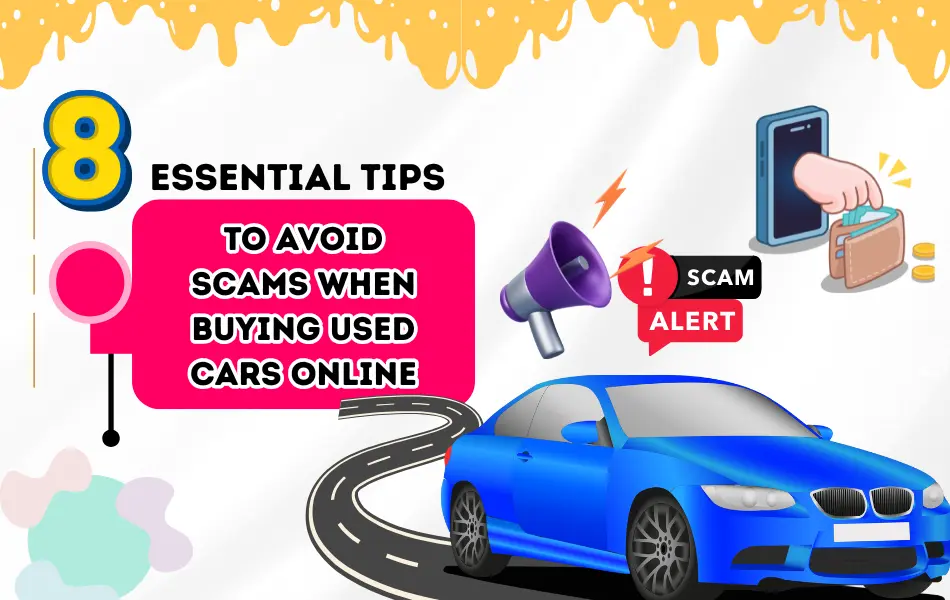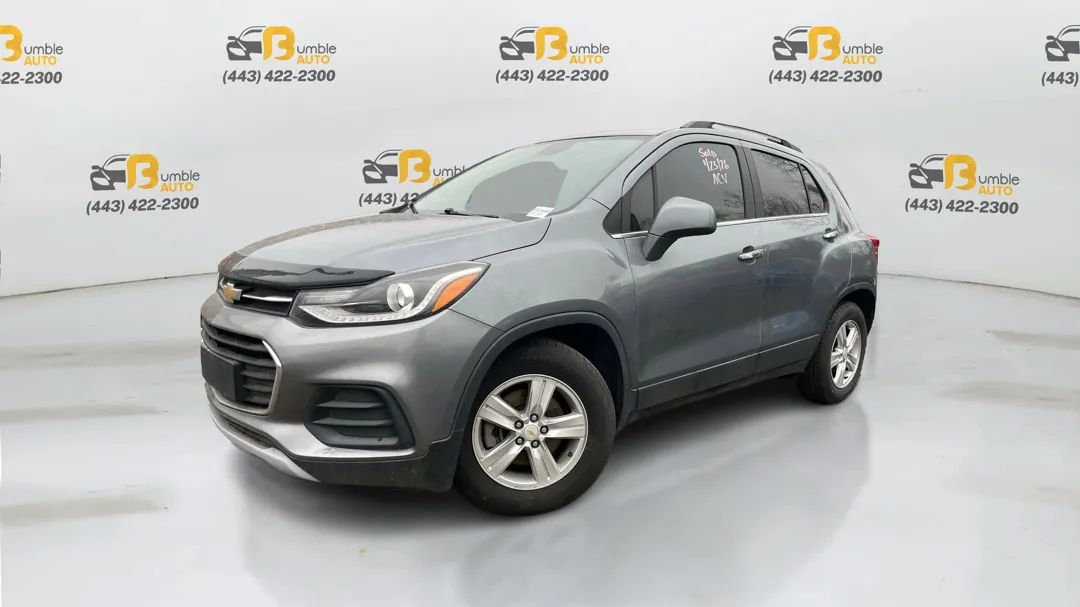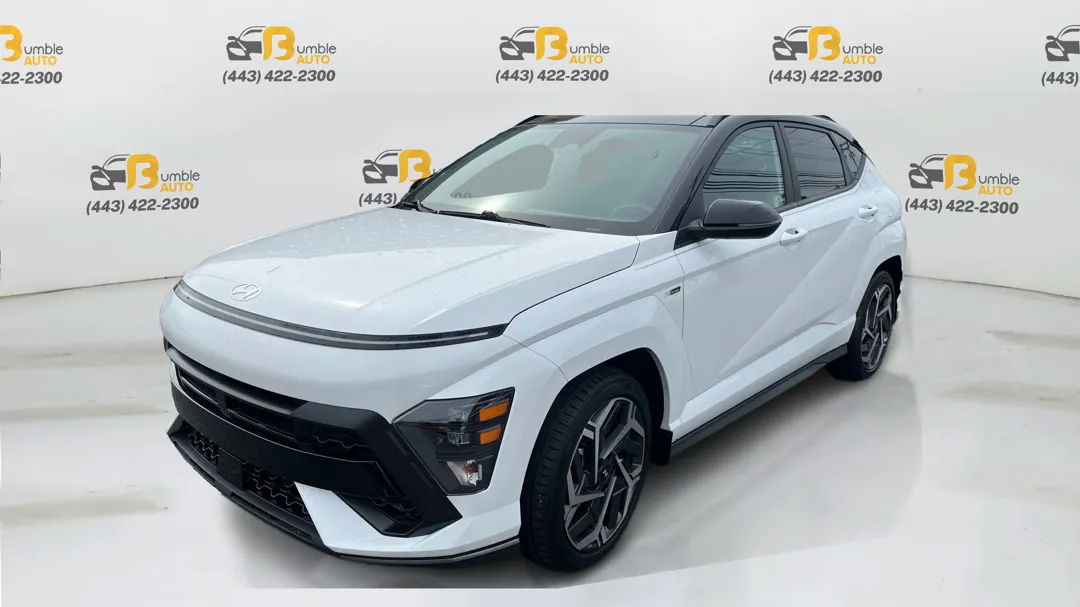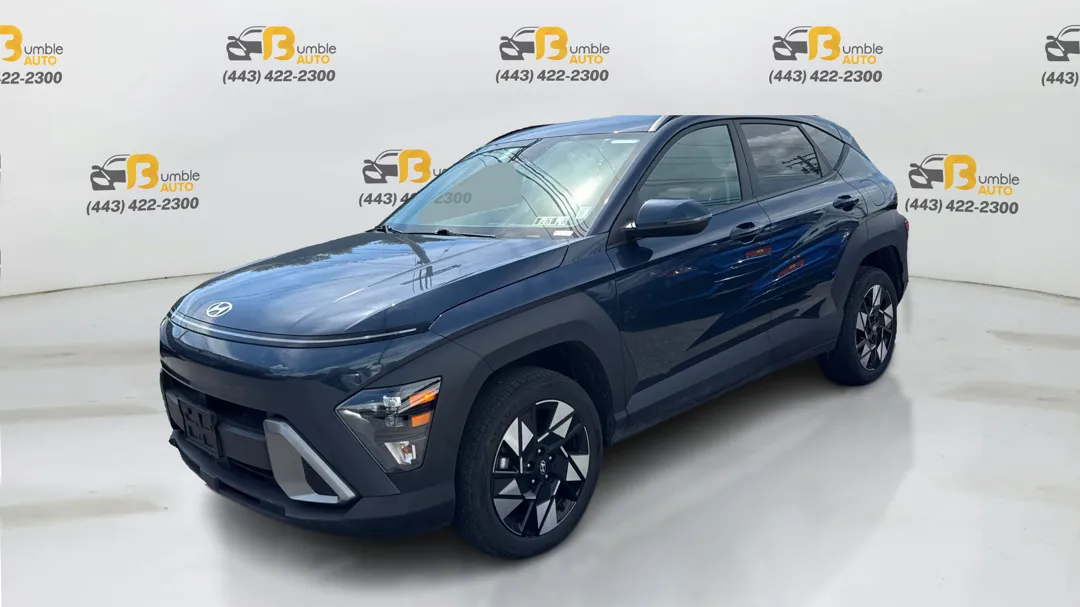8 Essential Tips to Avoid Scams When Buying Used Cars Online
Table of Contents
- Understanding the Risks of Buying Used Cars Online
- Essential Steps in Avoiding Scams When Buying a Used Car Online
- 1. Researching the Vehicle History
- 2. Choosing Reputable Online Marketplaces
- 3. Inspecting the Car Before Purchase
- 4. Verifying the Seller’s Identity
- 5. Trusting Your Instincts: Red Flags to Watch For
- 6. Secure Payment Methods for Online Transactions
- 7. The Importance of a Test Drive
- 8. Utilizing Professional Inspection Services
- Final Thoughts on Safe Online Car Buying

In today's digital age, purchasing a used car online can be both exciting and daunting. With endless listings and sometimes too-good-to-be-true deals, how do you ensure you don’t fall prey to scams? The allure of a bargain can overshadow the risks, leaving many buyers vulnerable to deception. Whether you're a first-time buyer or a seasoned driver, being well-informed is your best defense. This article presents 8 essential tips designed to empower you on your journey to find the perfect used car while steering clear of potential pitfalls. From recognizing red flags in listings to utilizing trusted resources, these strategies will guide you through the online car-buying maze. Equip yourself with the knowledge you need to navigate this landscape confidently, ensuring your next purchase is not just a vehicle, but a wise investment. Let’s dive in and arm you with the tools necessary for a safe and successful used-car transaction online!
Understanding the Risks of Buying Used Cars Online

Purchasing a used car online can be a convenient and cost-effective way to find your next vehicle, but it also comes with a set of inherent risks. One of the most significant dangers is the potential to fall victim to scams that can leave you without a car and out of money. These scams can range from sellers misrepresenting the condition of the vehicle to outright fraud where the car doesn't even exist. It's essential to be aware of these risks to navigate the online car market safely.
Another common risk is encountering listings that seem too good to be true. Scammers often lure buyers with prices that are significantly below market value. These deals can be tempting, but they usually come with hidden issues. The car might have a salvage title, extensive damage, or be a stolen vehicle. It's crucial to conduct thorough research and verify the vehicle's history to avoid these pitfalls.
Additionally, buying a car online means you often don't get to see the car in person until after you've committed to the purchase. This can lead to unpleasant surprises if the car doesn't match the description or photos provided in the listing. The lack of physical inspection increases the risk of purchasing a vehicle with mechanical issues or cosmetic flaws that were not disclosed. To mitigate this risk, it's important to insist on a detailed inspection before finalizing any transaction.
Essential Steps in Avoiding Scams When Buying a Used Car Online
1. Researching the Vehicle History

One of the most critical steps in avoiding scams when buying a used car online is researching the vehicle's history. Begin with online research for a used car to uncover essential details like the VIN, ownership history, and past accidents. This involves obtaining a Vehicle History Report (VHR) from a reputable service such as Carfax or AutoCheck. These reports provide valuable information about the car's past, including previous ownership, accident history, title status, and any reported maintenance. By reviewing this report, you can identify red flags that might indicate the car is not worth your investment.
It's also wise to check the car's VIN (Vehicle Identification Number) against online databases. Scammers sometimes alter VIN numbers to hide the true identity of a car, especially if it's stolen. A mismatched VIN on the vehicle and the documents provided by the seller should raise immediate suspicions. Ensure that the VIN on the car matches the one in the VHR to confirm the vehicle's authenticity.
In addition to the VHR, it's beneficial to research the car model itself. Look for common issues, recalls, and overall reliability ratings. This background knowledge can help you ask the right questions and spot discrepancies in the seller's description. Forums and online communities dedicated to car enthusiasts are excellent resources for gathering information about specific makes and models.
2. Choosing Reputable Online Marketplaces

When purchasing a used car online, the platform you choose to conduct your search is crucial. Reputable online marketplaces such as Autotrader, Cars.com, and eBay Motors provide a level of security and buyer protection that smaller, less-known sites may not offer. These established platforms have measures in place to verify listings and provide recourse if something goes wrong. One major benefit is the ability to focus on finding a reliable online dealer with verified listings and buyer protection.
These websites often feature user reviews and ratings for both sellers and vehicles, giving you insights into the experiences of previous buyers. Pay close attention to these reviews, as they can reveal patterns of dishonest behavior or consistently excellent service. A seller with numerous positive reviews is more likely to be trustworthy than one with mixed or negative feedback.
Moreover, reputable marketplaces typically offer additional services like vehicle protection programs and secure payment options. These services can provide peace of mind and reduce the risk of fraud. While it's still important to conduct your due diligence, using a well-established platform can significantly enhance the safety of your online car-buying experience.
3. Inspecting the Car Before Purchase

A thorough inspection of the car before making a purchase is non-negotiable. While photos and descriptions can provide initial insights, they are no substitute for an in-person evaluation. If the seller is local, arrange to meet in a public place to inspect the car. For remote purchases, consider hiring a local mechanic or professional inspection service to examine the vehicle on your behalf.
During the inspection, pay attention to both the exterior and interior condition of the car. Look for signs of wear and tear, rust, or any indications of previous accidents. Check the paint job for consistency and look for any mismatched panels that might suggest repairs. Inside the car, ensure that all features and electronics are functioning correctly and that there are no unpleasant odors or unusual noises.
Mechanically, it's essential to check the engine, transmission, brakes, and suspension. Ask the seller for maintenance records to verify that the car has been properly serviced. If you're not mechanically inclined, a professional inspection can provide a detailed report on the car's condition, helping you make an informed decision. Remember, a small investment in an inspection can save you from significant expenses and headaches down the line.
4. Verifying the Seller’s Identity

Verifying the identity of the seller is another critical step in avoiding scams. Start by asking for the seller's contact information and conducting a quick online search to see if they have a presence on social media or professional networks. Genuine sellers will have no problem providing their details and will often have a traceable online footprint. Be wary of sellers who are reluctant to share this information or who provide inconsistent details. Knowing how to evaluate a used dealer will help you detect inconsistencies and avoid sellers who can’t verify ownership.
It's also a good idea to request a copy of the seller's identification and compare it with the name on the vehicle's title and registration. This ensures that you are dealing with the actual owner of the car and not a middleman or scammer. If the seller is hesitant to provide this information, it could be a red flag indicating that something is amiss.
Additionally, consider arranging a video call with the seller to discuss the car and verify their identity. This face-to-face interaction can provide further assurance that the seller is legitimate and allows you to ask questions in real-time. Scammers are less likely to agree to a video call, so this step can help weed out potential fraudsters.
5. Trusting Your Instincts: Red Flags to Watch For

Trusting your instincts is a valuable tool when buying a used car online. If something feels off or too good to be true, it probably is. Be on the lookout for red flags that can indicate a scam. One common warning sign is a seller who is overly eager to complete the transaction quickly. Scammers often create a sense of urgency to pressure buyers into making hasty decisions without proper due diligence.
Another red flag is a seller who refuses to allow an inspection or a test drive. Genuine sellers will understand the importance of these steps and will accommodate reasonable requests. If the seller has excuses for why an inspection or test drive isn't possible, it's best to walk away from the deal.
Watch out for inconsistencies in the listing and communication with the seller. If the details provided in the description don't match the information in the Vehicle History Report or if the seller's story keeps changing, these are signs that something may be wrong. Trust your gut and don't ignore any uneasy feelings you may have during the process.
6. Secure Payment Methods for Online Transactions

When it comes to making payments for an online car purchase, security is paramount. Avoid using cash or wire transfers, as these methods offer little to no protection if something goes wrong. Instead, opt for secure payment methods such as escrow services, credit cards, or payment platforms with buyer protection programs like PayPal.
Escrow services act as an intermediary, holding the funds until both parties are satisfied with the transaction. This provides a layer of security, ensuring that the seller only receives payment once the buyer has received and approved the car. While there may be a fee for using an escrow service, the added security is well worth the cost.
Using a credit card for the transaction can offer additional protection through chargeback options. If the deal turns out to be fraudulent, you can dispute the charge with your credit card company and potentially recover your funds. Payment platforms with buyer protection programs also provide recourse in case of fraud, making them a safer option for online transactions.
7. The Importance of a Test Drive

A test drive is an essential part of the car-buying process, even when purchasing online. It allows you to assess the vehicle's performance, comfort, and overall condition. If the seller is local, arrange to meet in a public place for the test drive. Bring a friend or family member along for added safety and to provide a second opinion.
During the test drive, pay attention to how the car handles, accelerates, and brakes. Listen for any unusual noises and feel for any vibrations or issues with the steering. Test the car in various driving conditions, including city streets and highways, to get a comprehensive understanding of its performance. Ensure that all features and controls are working correctly and that the car meets your expectations.
If you're purchasing a car from a remote seller, consider hiring a local mechanic or inspection service to perform the test drive on your behalf. They can provide a detailed report on the car's condition and alert you to any potential issues. While this may incur an additional cost, it's a small price to pay for peace of mind and ensuring that you're making a sound investment.
8. Utilizing Professional Inspection Services

Utilizing professional inspection services is one of the best ways to avoid scams when buying a used car online. These services provide a thorough evaluation of the vehicle, covering everything from mechanical components to cosmetic condition. A professional inspector can identify issues that may not be apparent to the average buyer, giving you a clear picture of the car's true state.
Professional inspections typically include a detailed report with photos and descriptions of any problems found. This report can be invaluable in negotiations, allowing you to address any concerns with the seller and potentially lower the purchase price. If the inspection reveals significant issues, you can walk away from the deal without losing your investment.
Many inspection services also offer a guarantee or warranty on their findings, providing additional peace of mind. While the cost of a professional inspection can vary, it's a worthwhile investment to avoid the potential pitfalls of buying a car sight unseen. By relying on expert advice, you can make a more informed decision and reduce the risk of falling victim to scams.
Final Thoughts on Safe Online Car Buying
Buying a used car online can be a convenient and rewarding experience if approached with caution and due diligence. By understanding the risks involved and taking proactive steps to mitigate them, you can navigate the online car market with confidence. From researching the vehicle's history to utilizing professional inspection services, each step plays a crucial role in ensuring a safe and successful transaction. At BumbleAuto, we pride ourselves on being our trustworthy online dealer in Maryland, guiding customers to safe, secure purchases.
Remember to choose reputable online marketplaces, verify the seller's identity, and trust your instincts when something doesn't feel right. Secure payment methods and insisting on a test drive are also essential components of a safe car-buying process. By following these tips, you can protect yourself from scams and make a wise investment in your next vehicle.
Ultimately, the key to a successful online car purchase is staying informed and vigilant. Take your time, ask questions, and don't rush into any decisions. With the right knowledge and approach, you can find the perfect used car online while avoiding the potential pitfalls and scams that come with the territory. Happy car hunting!








